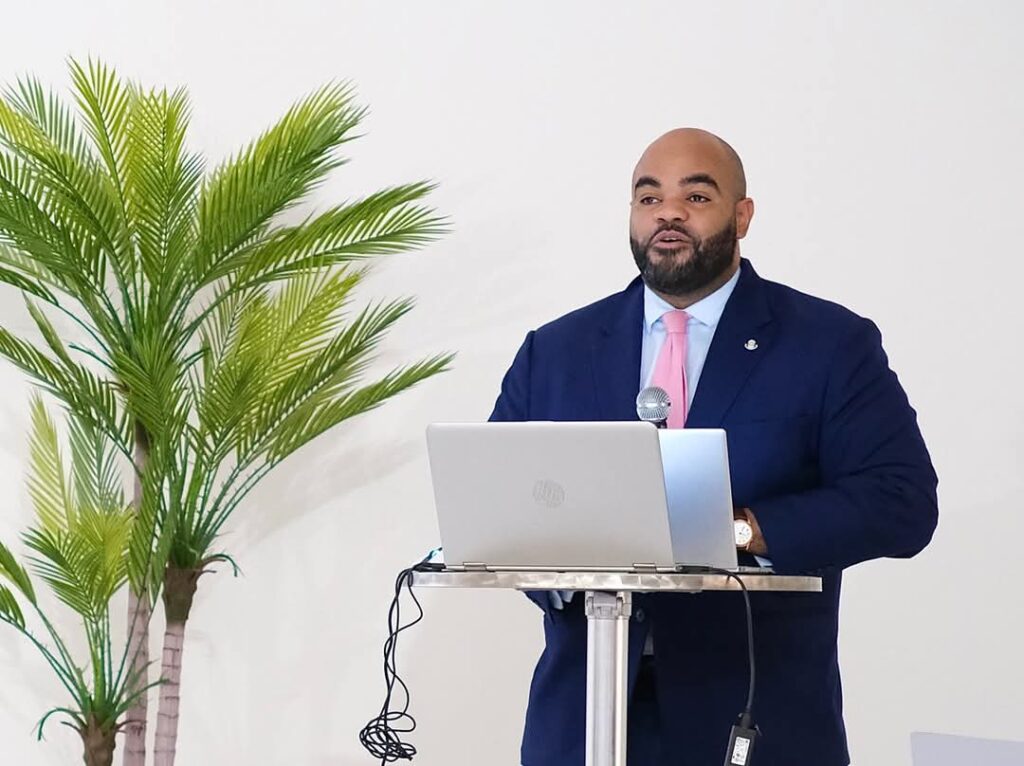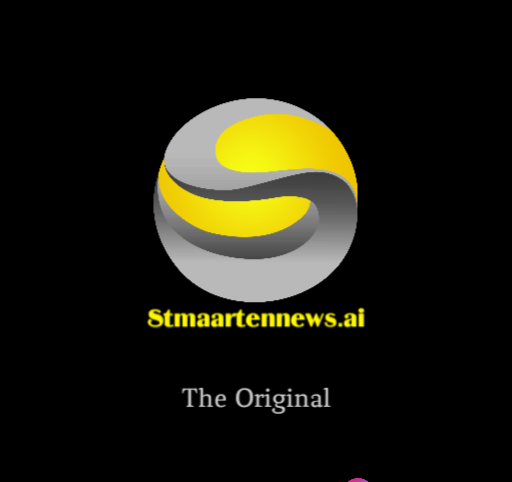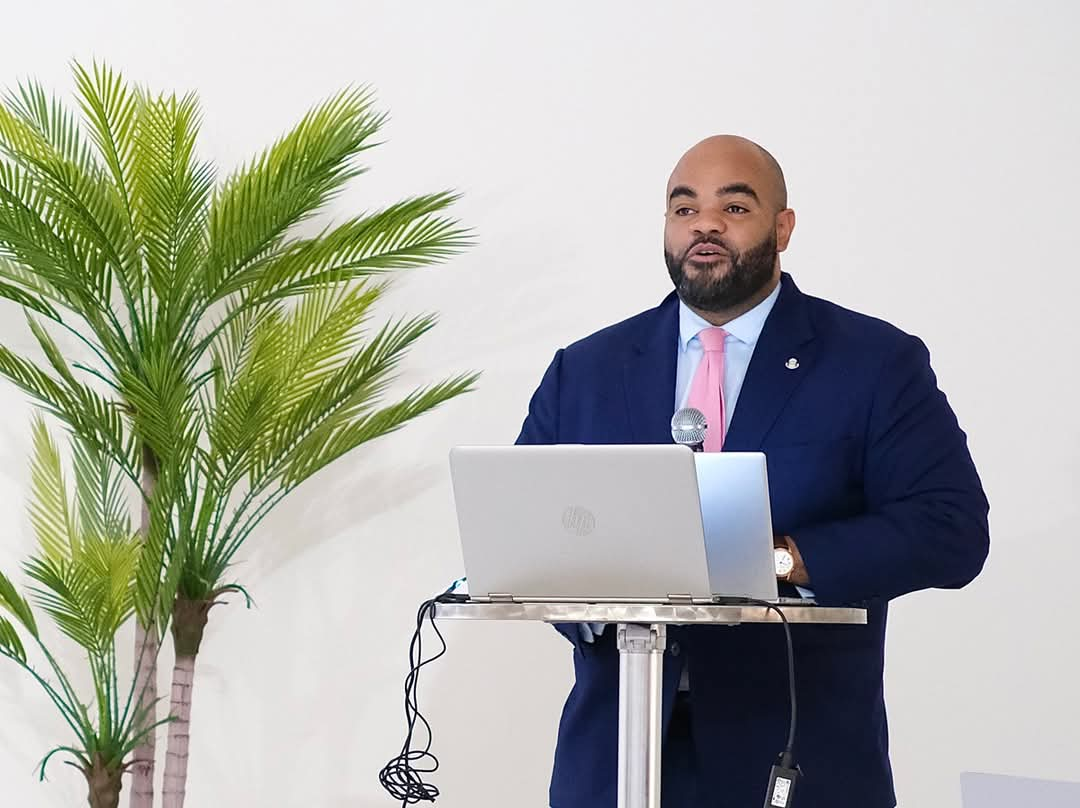VROMI WORLD BANK LAUNCH CRITICAL SANITATION WORKSHOP TO ADVANCE WASTEWATER REFORMS

Thu May 15 2025
The Ministry of Public Housing, Spatial Planning, Environment and Infrastructure Ministry (VROMI), in partnership with the World Bank and the National Recovery Program Bureau (NRPB), officially launched a two-day sanitation workshop focused on enhancing the Sint Maarten Wastewater Management Project (SWMP), a transformative initiative to initiate the modernization of the island’s wastewater infrastructure towards safeguarding its marine environment and the overall health and quality of life of the people.
The Minister of VROMI, Honorable Patrice Gumbs, opened the session with a strong call to action: “We meet at the interface of sanitation and the sea,” the Minister said. “When wastewater is safely managed, both public health and our blue economy flourish; when it is not, both are threatened.”
The workshop brings together a range of stakeholders, including local NGOs, community leaders, technical experts, and representatives from key ministries, the Wold Bank and the NRPB, united by a shared mission to deliver sustainable sanitation solutions and build climate-resilient infrastructure.

The SWMP will contribute directly to the Sustainable Development Goal 6: Clean Water and Sanitation, and represents a concrete step toward implementing global commitments at the local level. The project secured US $25 million in financing last September, combining a $10 million grant from the Sint Maarten Recovery and Resilience Trust Fund and $15 million from the Government of Sint Maarten.
Progress is already underway:
· A water quality baseline assessment is underway.
· The design-and-supervision consortium for the wastewater treatment plant and sewerage network expansion is contracted. This group will also carry out the technical, social and environmental assessments needed to ensure a robust and sustainable solution can be tailored for the central part of St. Maarten.
Still, the Minister acknowledged the challenges ahead, including supply chain volatility, high bid costs, and the complexities of connecting individual households to the upgraded sewer network.
“Let’s be practical,” the Minister urged. “Flattening protocols and limiting bureaucracy is key. Our ability to be agile and efficient will determine how far we go.”
The workshop is guided by four core principles:
· Inclusivity – every household matters.
· Climate resilience – infrastructure must withstand future shocks.
· Evidence-based action – guided by science and field data.
· Collaboration – breaking down silos across sectors.
In closing, the Minister shared a hopeful vision for the island’s future:
“Picture a child diving off the jetty at Great Bay in 2030, clear goggles, clearer water. That future is the dividend of the choices we make in this very room.”
VROMI reaffirms its full commitment to leading this effort, supported by a dedicated team of wastewater experts.


